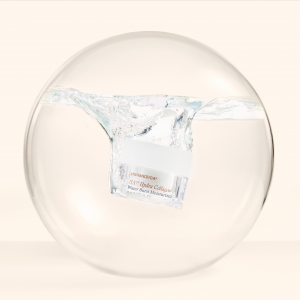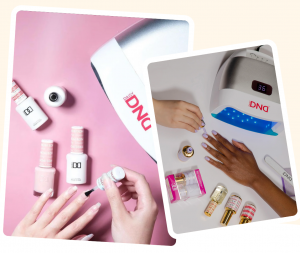
Introduction: The Hidden Power of Water
We often hear about how essential drinking water is for maintaining health, but how many of us truly understand its full importance? Water is not just something we drink when we’re thirsty—it’s the backbone of every bodily function. In this article, we will uncover why drinking water is crucial for your health, and why staying hydrated is something you should prioritize every day.
Water: The Elixir of Life
Water is the single most important nutrient your body needs to stay alive. From carrying oxygen to your cells to removing toxins, water plays an indispensable role in sustaining life. Without water, the body would cease to function, yet many of us don’t give it the attention it deserves. It’s not just a drink—it’s the very essence of our vitality.
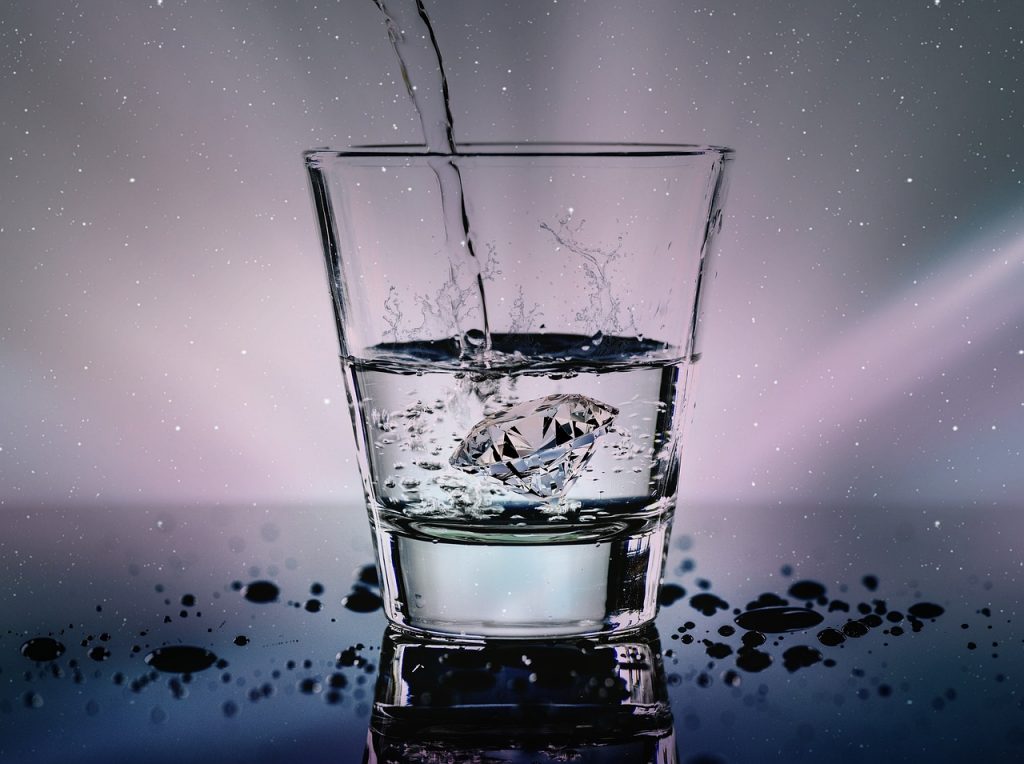
The Science Behind Hydration
How Water Powers Your Body
Water is involved in almost every bodily process. It makes up about 60% of your body weight and is found in every cell, tissue, and organ. Water supports your metabolism, helps in the breakdown of food, and transports essential nutrients through your bloodstream. It keeps your heart pumping, your brain active, and your muscles moving.
The Importance of Hydration for Every Organ
From your brain to your skin, every organ depends on water to function properly. For example, your kidneys filter waste products from your blood and require a steady flow of water to do so. Your skin also needs water to maintain elasticity and moisture. Hydration isn’t just important for one part of your body—it’s critical for the entire system to operate harmoniously.
Top Health Benefits of Drinking Water
Elevating Energy Levels
If you’ve ever felt sluggish or fatigued, dehydration could be the culprit. Water helps regulate energy levels by ensuring your body’s cells have the nutrients they need to perform at their best. When you stay hydrated, you can expect fewer energy dips and a more consistent, sustained level of vitality throughout the day.
Clearer Skin and Better Appearance
Hydration directly impacts the quality of your skin. When you’re dehydrated, your skin can appear dull, dry, and prone to blemishes. Drinking enough water helps maintain moisture levels, promoting a healthy, radiant complexion. Think of it as a natural skincare routine that works from the inside out.
Mental Clarity and Focus
Water is not only essential for physical health—it’s also crucial for mental health. Your brain is made up of about 75% water, so it’s no surprise that dehydration can lead to difficulties with focus, concentration, and memory. Staying hydrated ensures that your brain is operating at full capacity, helping you stay sharp and alert.
Natural Detoxification
Your kidneys, liver, and lymphatic system rely on water to flush toxins from your body. Water acts as a natural detoxifier, aiding in the elimination of waste products through urination, sweat, and bowel movements. Drinking plenty of water helps keep your organs functioning properly, reducing the risk of kidney stones and urinary tract infections.
The Dangers of Dehydration
Short-Term Consequences
Dehydration can manifest in a variety of ways. You might experience dry mouth, headaches, fatigue, or difficulty concentrating. These are all warning signs that your body needs water. Even mild dehydration can lead to a significant decline in your energy levels and cognitive function.
Long-Term Risks
If dehydration persists, it can lead to more serious health complications, including kidney damage, urinary tract infections, and heat exhaustion. Chronic dehydration can also impair your body’s ability to regulate temperature and perform basic functions, increasing the risk of heat stroke and other life-threatening conditions.
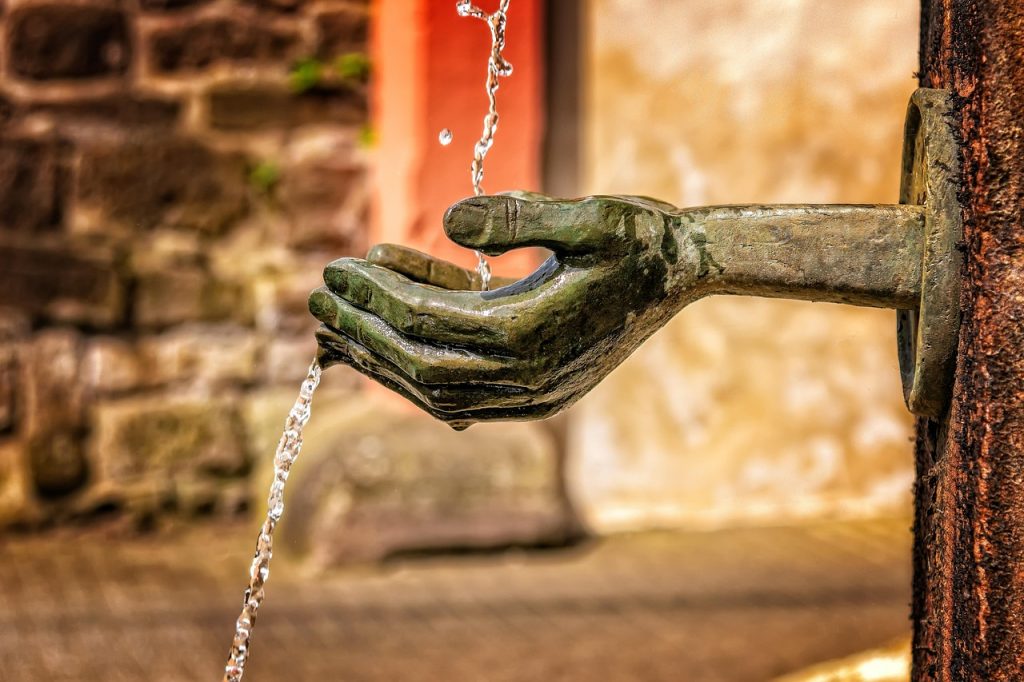
How Much Water Should You Drink?
General Guidelines and Recommendations
The commonly quoted “8 glasses a day” rule is a good starting point, but it’s important to remember that water needs vary from person to person. The Institute of Medicine recommends that men consume around 3.7 liters (125 ounces) of water daily, while women need about 2.7 liters (91 ounces). However, this number can change based on factors like age, activity level, and climate.
Factors That Affect Your Water Intake
Your hydration needs are influenced by several factors. If you’re physically active, live in a hot climate, or are pregnant or breastfeeding, you may require more water. It’s important to listen to your body—thirst is often the first signal that your body needs replenishment.
Best Practices for Staying Hydrated
Incorporating Water into Your Daily Routine
The key to staying hydrated is consistency. Start your day with a glass of water, and continue sipping throughout the day. Carry a reusable water bottle to ensure you have access to water whenever you need it. Set reminders on your phone or download an app to track your water intake.
Hydration-Friendly Foods to Include in Your Diet
In addition to drinking water, you can also boost your hydration with foods that are rich in water content. Fruits like watermelon, oranges, and strawberries have a high water percentage, as do vegetables like cucumbers, celery, and lettuce. Soups, broths, and smoothies are also great ways to stay hydrated.
Debunking Common Hydration Myths
The 8 Glasses a Day Rule: Is It a Myth?
The “8 glasses a day” rule is a helpful guideline but isn’t set in stone. Everyone has different hydration needs, and factors such as body size, activity level, and the environment all play a role. The best advice is to drink when you’re thirsty and pay attention to your body’s cues.
Can Other Drinks Replace Water?
While drinks like coffee, tea, and juice contribute to your daily fluid intake, water is the gold standard. These drinks often contain caffeine, sugar, or artificial additives that can hinder hydration in the long run. For optimal hydration, water should be your go-to beverage.
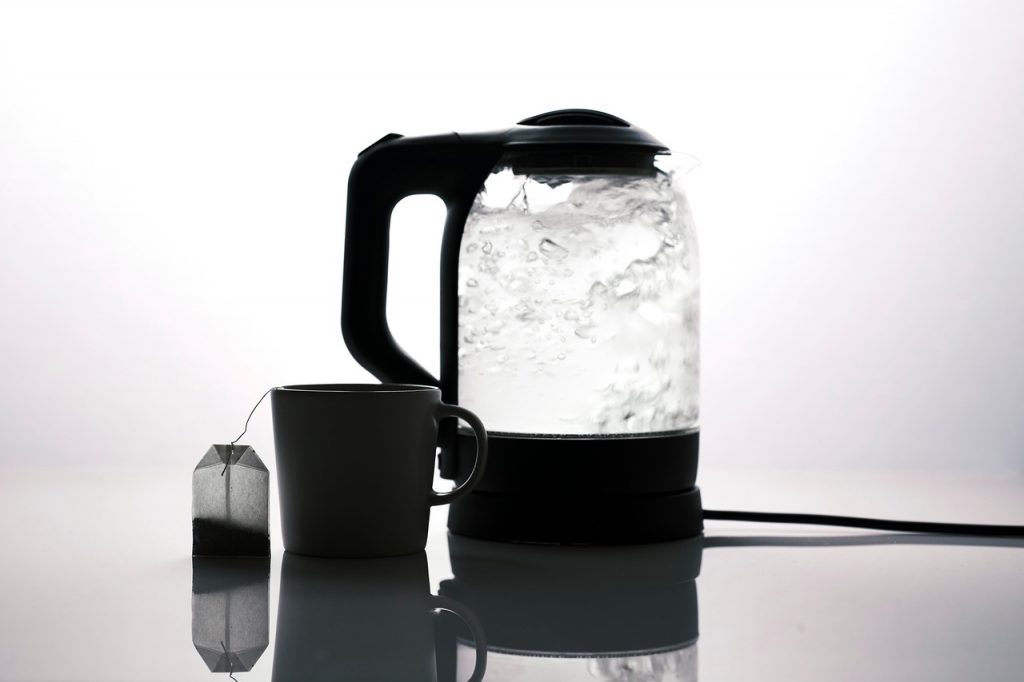
Conclusion: Embrace the Power of Water
Staying hydrated is one of the simplest yet most powerful ways to improve your health. Water is essential for virtually every function in the body, from energy production to detoxification. By making hydration a priority, you’ll enjoy better health, clearer skin, and enhanced cognitive function. So, next time you reach for a drink, choose water—it’s the ultimate health booster.


